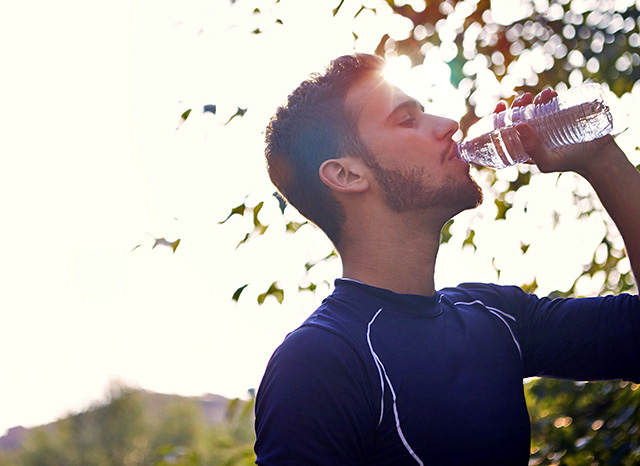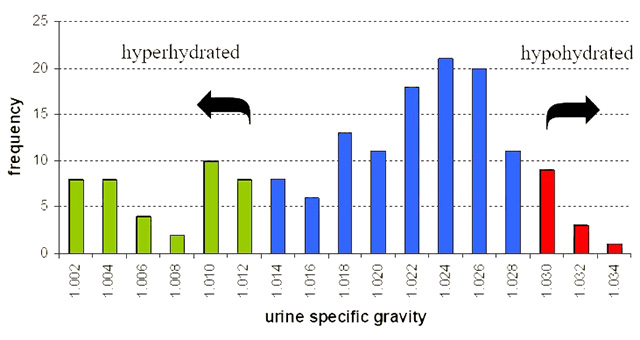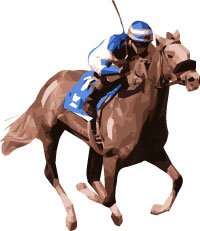As part of pre-exercise nutrition, it is important for athletes to be well-hydrated before they start any exercise. Preparing for your competition or training may start with ingesting adequate fluids for up to 24 hours before.
Starting exercise with low hydration levels can have an adverse effect on blood flow, heart function, and temperature regulation, and importantly for athletes, exercise performance. Dehydration of as little as a 2% decrease in body mass may affect performance.
Starting in a well-hydrated state is particularly important if the training or competition is in a hot and humid climate, where large fluid losses are expected during exercise. The intensity and duration of the exercise are also important to consider.
How To Measure
You can use changes in body weight to look at changes in hydration level, though this does not show the actual hydration level. One method of determining the hydration level of the athlete is by using urine specific gravity, measured using a hand-held refractometer which determines the density (concentration) of the urine sample. A more crude measure of hydration level, though appropriate for self-assessment by the athlete, is assessing urine color using an eight-scale color chart.
A Darwin Study
For athletes who live and usually compete in a hot and humid climate, their bodies may be used to the conditions, and their drinking habits may be better adapted to the environment. For those athletes who are traveling to such conditions for competition, they need to be aware of making a special effort to hydrate themselves well and replace enough fluids during exercise.
A study of the pre-game hydration status of athletes competing at the 2001 Arafura Games in Darwin, Australia, investigated this. Darwin is located in the tropical north of Australia, and athletes come to this competition from many surrounding countries, many from cooler climates.
 hydrating before exercise
hydrating before exerciseIn this study, 93 athletes were tested from a range of sports. A urine sample was collected and a questionnaire was completed 1 hour prior to the game start. This is the critical time where it is important to be well hydrated, and also a time when there is potential for a last-minute top-up of fluids.
The graph below shows the distribution of specific gravity measures of all the athletes. These can be divided into three categories, hyperhydrated, euhydrated, and hypohydrated (or dehydrated). Only 8% of samples were classified as hypohydrated (dehydrated), though many more were close to this level. Although this figure was encouraging, in such hot conditions, ideally no athletes should be dehydrated prior to their event.
 hydration level chart
hydration level chartWhat should you do?
Athletes who live in hot climates, or are traveling to compete in a hot climate, should have the ability to self-assess their hydration status, which is easily done by assessing urine color, and by monitoring fluid intake amounts. Dehydration can be easily detected and corrected if required.
Related Pages
- Hydration for Athletes
- Pre-game hydration status of athletes competing at the 2001 Arafura games in Darwin (article)
- Pre-Exercise Nutrition
- Monitoring Body Temperature


 Current Events
Current Events